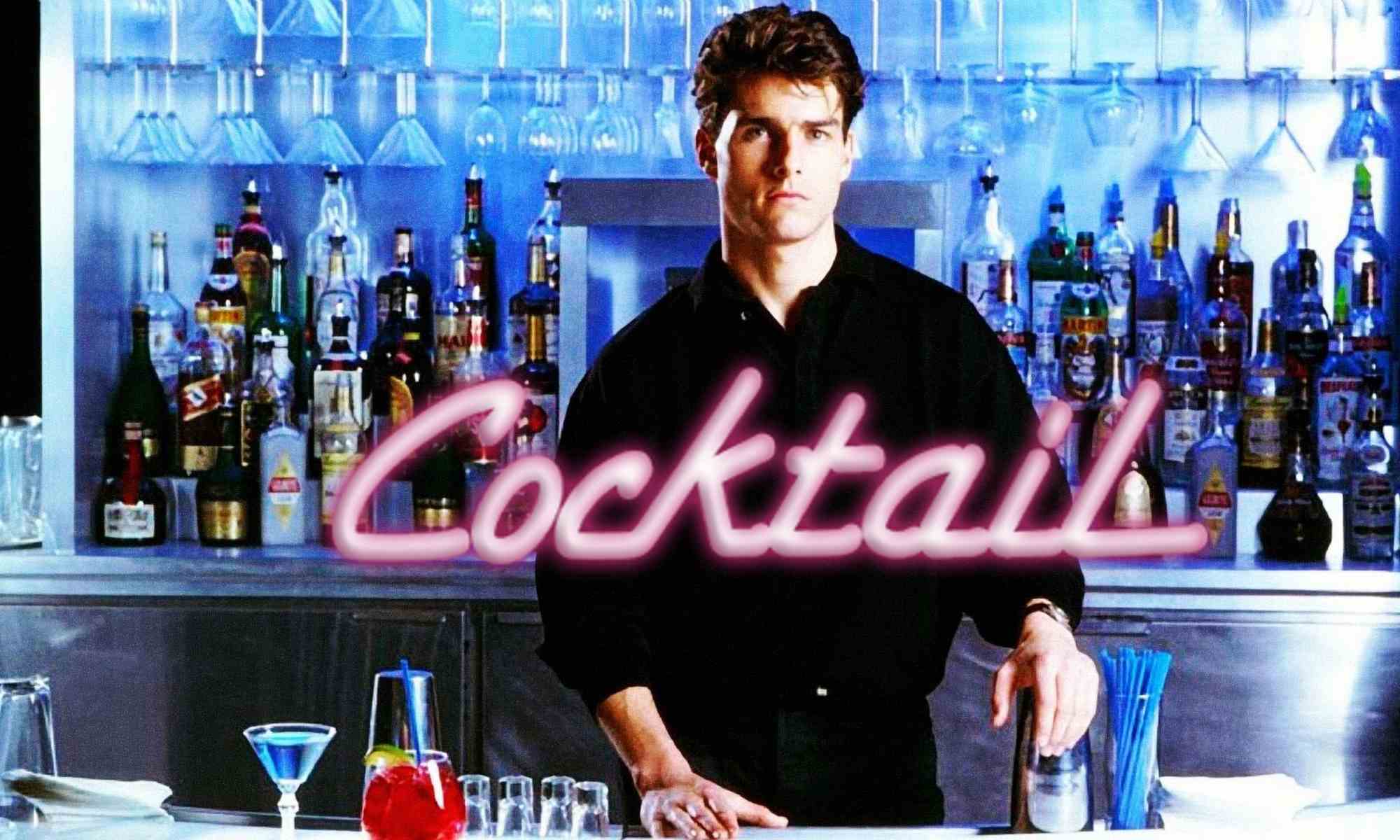Essay by Johnny Goodboy Tyler: “Psychiatry and Armaments: The Three Pillars of a Doomed Civilization”
The twentieth century promised liberation — of the mind, the economy, and the human spirit. What it delivered instead was a new kind of slavery: psychiatric, financial, and technological. Our modern civilization, sculpted by the theories of Sigmund Freud and weaponized by his nephew Edward Bernays, rests on three unstable pillars — Armaments, Universal Debt, and Planned Obsolescence. Together, they form the architecture of what I call the Psychiatric Society: a civilization built on anxiety, consumption, and control.
The thesis of this essay is simple and grim — the current state of affairs is unsustainable. The psychological machine that drives modern capitalism and war has entered a terminal feedback loop. Humanity, once guided by reason, is now governed by pathology.
I. The Psychiatric Society
Freud opened a door he could not close. By probing the unconscious, he revealed that man is not a rational creature but a conflicted one — driven by repressed desire and fear. Bernays, the cunning nephew, saw profit where Freud saw sickness. He realized that if the unconscious could be understood, it could also be manipulated. Thus was born the modern propaganda state — democracy not as self-rule, but as psychological conditioning.
Freud gave us the couch. Bernays gave us the screen.
One promised healing. The other sold illusion.
Today, every institution — from government to advertising — operates on Bernays’ principle: control the masses through their hidden fears and wants. Psychiatry became not a healing art, but a social control mechanism — diagnosing dissent, medicating the restless, tranquilizing the anxious. The same forces that sell antidepressants also sell the wars, the debt, and the disposable dreams that cause the depression in the first place.
II. Pillar One: Armaments — The Institutionalization of Fear
A civilization ruled by anxiety must externalize its inner conflict. It needs an enemy. Thus, the Military-Industrial Complex became the first great psychiatric institution — the projection of our collective neurosis onto the world stage.
Every missile is a symptom. Every bomb, a confession.
Our civilization’s obsession with armaments is a psychotic defense mechanism — a paranoid fantasy that safety can be achieved through domination. But fear only multiplies itself. The greater the arsenal, the deeper the insecurity. The nations arm not because they are strong, but because they are terrified.
This is not defense; it is therapy through destruction.
The world’s greatest economies are addicted to the manufacture of fear. And like all addictions, it cannot sustain itself forever.
III. Pillar Two: Universal Debt — The Institutionalization of Guilt
If armaments are the physical symptom of fear, debt is the spiritual one. The global economy is built on an endless cycle of guilt and dependence. The citizen is born into debt, works to pay off debt, and dies still owing.
Freud called it the superego — the internal voice of guilt and obligation. Bernays turned it into an economic system. Advertising makes you feel incomplete. Banks sell you redemption at interest. Governments promise prosperity by mortgaging the future.
Debt is the invisible psychiatrist of the masses — it disciplines, it restrains, it ensures obedience. A debtor will not rebel; he will comply, hoping someday to be free. But the system ensures that day never comes. Universal debt is not an accident — it is the foundation of control.
IV. Pillar Three: Planned Obsolescence — The Institutionalization of Despair
The third pillar of the Psychiatric Society is perhaps the cruelest. Planned obsolescence — the deliberate engineering of impermanence — ensures that nothing lasts, not even satisfaction.
We are sold happiness that expires. Phones that break, cars that age, relationships that dissolve under economic pressure — all by design. The culture of disposability reflects a civilization that fears death so much it reproduces it constantly, in miniature, in every product cycle.
This is the essence of our despair: we have confused consumption with renewal. The system must keep us anxious, unfulfilled, always reaching for the next fix. That is its only means of survival.
V. The Collapse of the Psychiatric Empire
The psychiatric, economic, and militarized systems that govern us are now consuming themselves. Wars produce debt; debt produces despair; despair produces medication; and medication dulls the awareness of the cycle — for a time. But no society can medicate its way out of spiritual bankruptcy.
The human psyche cannot endure infinite anxiety, nor can the planet endure infinite consumption. Our species is overdosed on propaganda and overstimulated by fear. The symptoms — ecological collapse, political polarization, mass depression — are signals of a dying paradigm.
Freud uncovered the human shadow. Bernays industrialized it.
Now that shadow looms over everything — from the drone above the battlefield to the ad on your phone.
VI. Toward a New Sanity
If we are to survive, we must dismantle the psychiatric foundations of our civilization. That means replacing manipulation with meaning, control with conscience, and consumption with creation.
The mind must no longer be a marketplace. The human heart must no longer be an algorithm.
The soul cannot thrive under permanent anxiety.
Our future depends on rejecting the Freud-Bernays model — the weaponization of psychology for profit — and rediscovering what Freud himself only glimpsed: that healing comes not through repression or control, but through integration.
We must confront the madness we have built, before it consumes us entirely.
Conclusion
The age of Armaments, Debt, and Obsolescence is the age of mass psychosis. Its architects were not evil, but misguided — believing that control would bring order. Instead, it brought decay. The Psychiatric Society cannot sustain itself because it feeds on its own sickness.
The choice before us is clear: evolve or perish.
The cure is not another pill, another product, or another war.
The cure is consciousness.
— Johnny Goodboy Tyler



